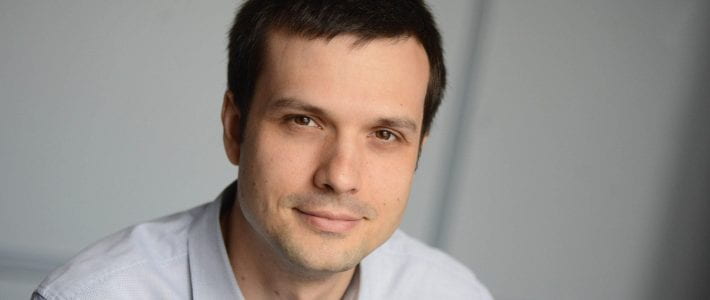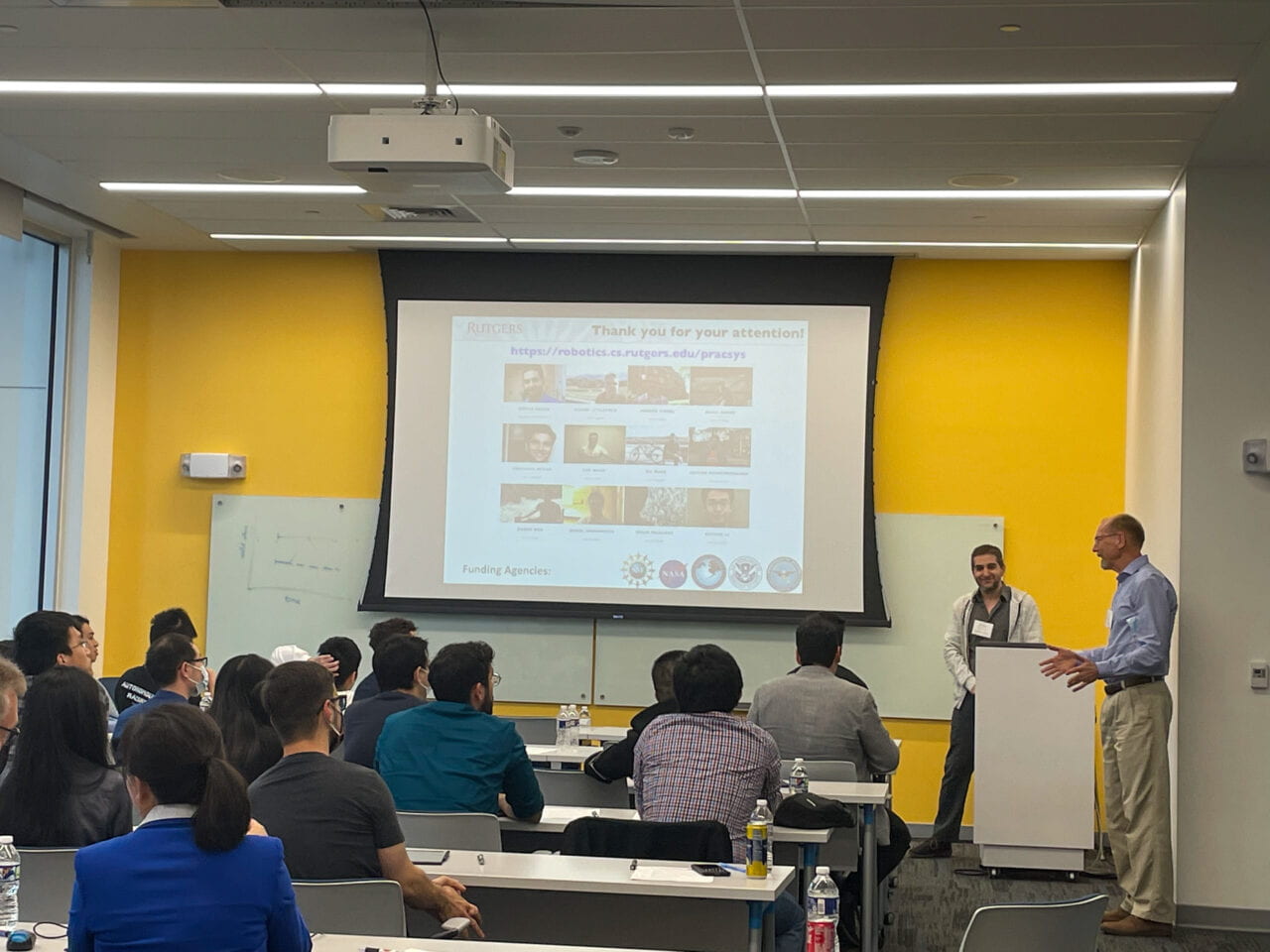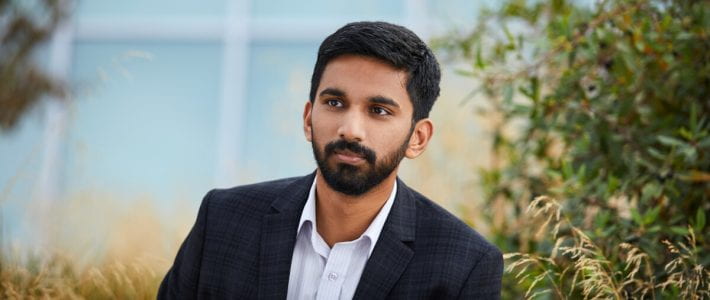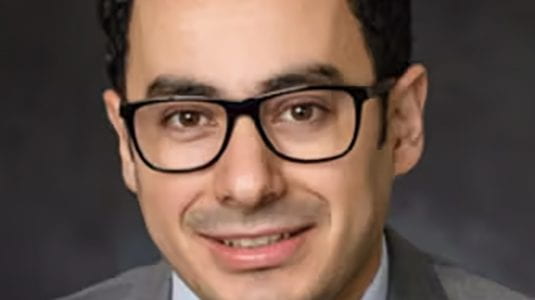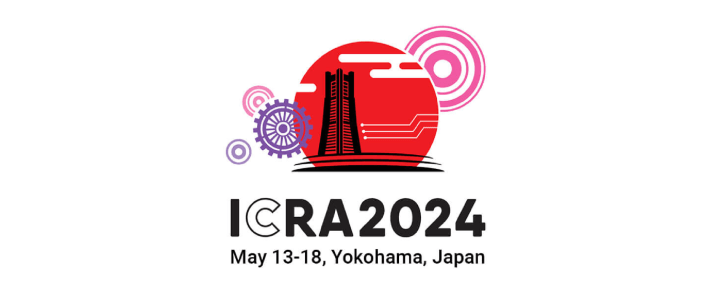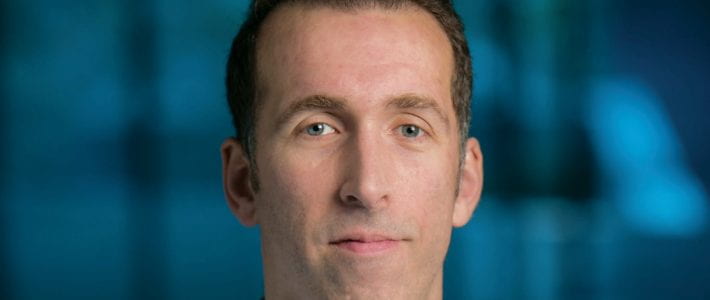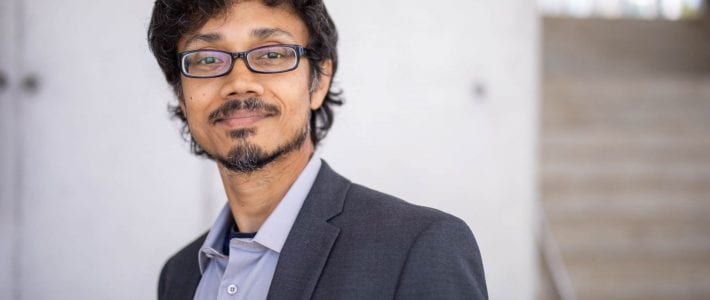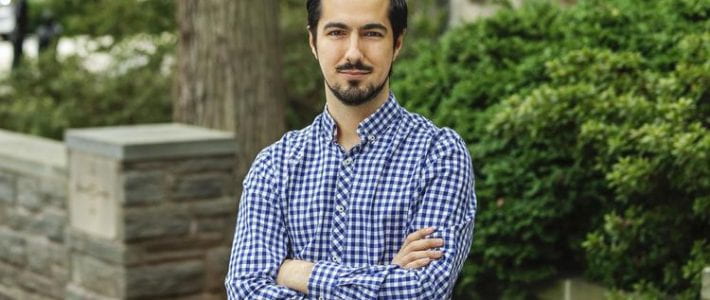Matei Ciocarlie (Columbia University): We (finally) have dexterous robotic manipulation. Now what?
Dr. Matei Ciocarlie
Associate Professor, Department of Mechanical Engineering, Columbia University
Time: 11:00 am – 12:00 pm
Date: Friday, April 26
Location: PA 466
Abstract: At long last, robot hands are becoming truly dexterous. It took advances in sensor design, mechanisms, and computational motor learning all working together, but we’re finally starting to see true dexterity, in our lab as well as others. This talk will focus on the path our lab took to get here, and questions for the future. From a mechanism design perspective, I will present our work on optimizing an underactuated hand transmission mechanism jointly the grasping policy that uses it, an approach we refer to as “Hardware as Policy”. From a sensing perspective, I will present our optics-based tactile finger, providing accurate touch information over a multi-curved three-dimensional surface with no blind spots. From a motor learning perspective, I will talk about learning tactile-based policies for dexterous in-hand manipulation and object recognition. Finally, we can discuss implications for the future: how do we consolidate these gains by making dexterity more robust, versatile, and general, and what new applications can it enable?
Bio: Matei Ciocarlie is an Associate Professor in the Mechanical Engineering Department at Columbia University, with affiliated appointments in Computer Science and the Data Science Institute. His work focuses on robot motor control, mechanism and sensor design, planning and learning, all aiming to demonstrate complex motor skills such as dexterous manipulation. Matei completed his Ph.D. at Columbia University in New York; before joining the faculty at Columbia, Matei was a Research Scientist and then Group Manager at Willow Garage, Inc., and then a Senior Research Scientist at Google, Inc. In these positions, Matei contributed to the development of the open-source Robot Operating System (ROS), and led research projects in areas such as hand design, manipulation under uncertainty, and assistive robotics. In recognition of his work, Matei was awarded the Early Career Award by the IEEE Robotics and Automation Society, a Young Investigator Award by the Office of Naval Research, a CAREER Award by the National Science Foundation, and a Sloan Research Fellowship by the Alfred P. Sloan Foundation.

